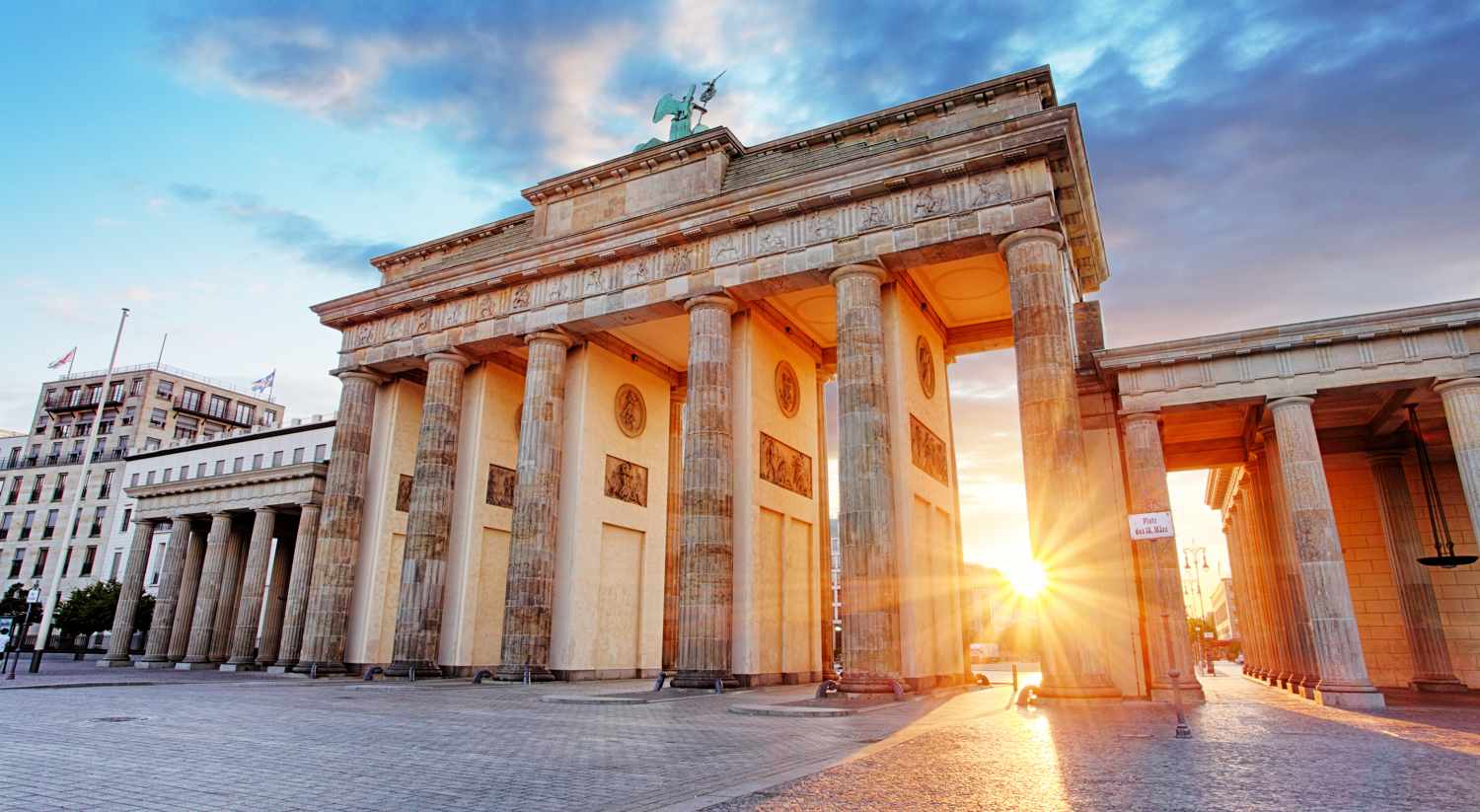Where to stay in Germany
Hotels
There is a good selection of hotels in Germany. Alongside established upmarket properties and a host of business-friendly chain hotels, Gasthöfe, Pensionen and Hotels garni are (almost always) cheaper alternatives without the usual lounge/restaurant facilities. Wherever you choose to stay, it's more than likely to be acceptably clean, efficiently run and – with only the cheapest places being exceptions – able to offer an en suite room with a TV.
Grading: There is the Hotelstars Union grading system from 1 to 5 stars.
Bed and breakfast
Various types of establishment offer the kind of stay that can be loosely assigned to B&B. Farmstays are perhaps the most notable of these, usually offering an authentic slice of life in the country as well as – in many cases – the chance to sample regional produce. Many such farms can be hard, if not impossible, to reach by public transport. Also good to know about are Germany’s Pensionen, which can range from a standard guesthouse to shared accommodation in a city apartment. These can vary greatly in quality, but in almost all cases the very least you’ll be assured is service more personal than at a chain hotel. A Gasthof, or Gaststätte, is a similar option, commonly found in the countryside and generally offering a few rooms above a restaurant. In all the above examples, breakfast usually comes as standard.
The Bauernhofurlaub website (www.bauernhofurlaub.de) offers information about farm holiday possibilities available throughout Germany.
Camping
German campsites are generally open from April to October, but some, mostly in winter sports areas, operate year round. It is not normally possible to make advance reservations on campsites. A free map/folder giving details of selected campsites is available from the German National Tourist Office. The German Camping Club publishes a guide to the best sites in Germany. There's certainly no shortage of options – more than 2,900 official sites are scattered across the country, usually located in scenic areas. They tend to be well-maintained.
Other accomodation
There are around 500 youth hostels in the country – a high number compatible with the fact that the world's first permanent youth hostels were created here in the early 1900s. The best source for information is the German Youth Hostel Association (www.jugendherberge.de/en), which gives details on each individual hostel. They vary greatly in size and style, but together offer a wealth of cost-effective accommodation across the entire country. It's worth taking the time to research specific hostels – some specialise in eco-friendly living, others in family-friendly facilities, and so on.
All-in self-catering deals that include sea travel to a German or other Channel port, and accommodation at the resort are available. The latter might be in anything from a farmhouse to a castle. Details are available from the German National Tourist Office.



